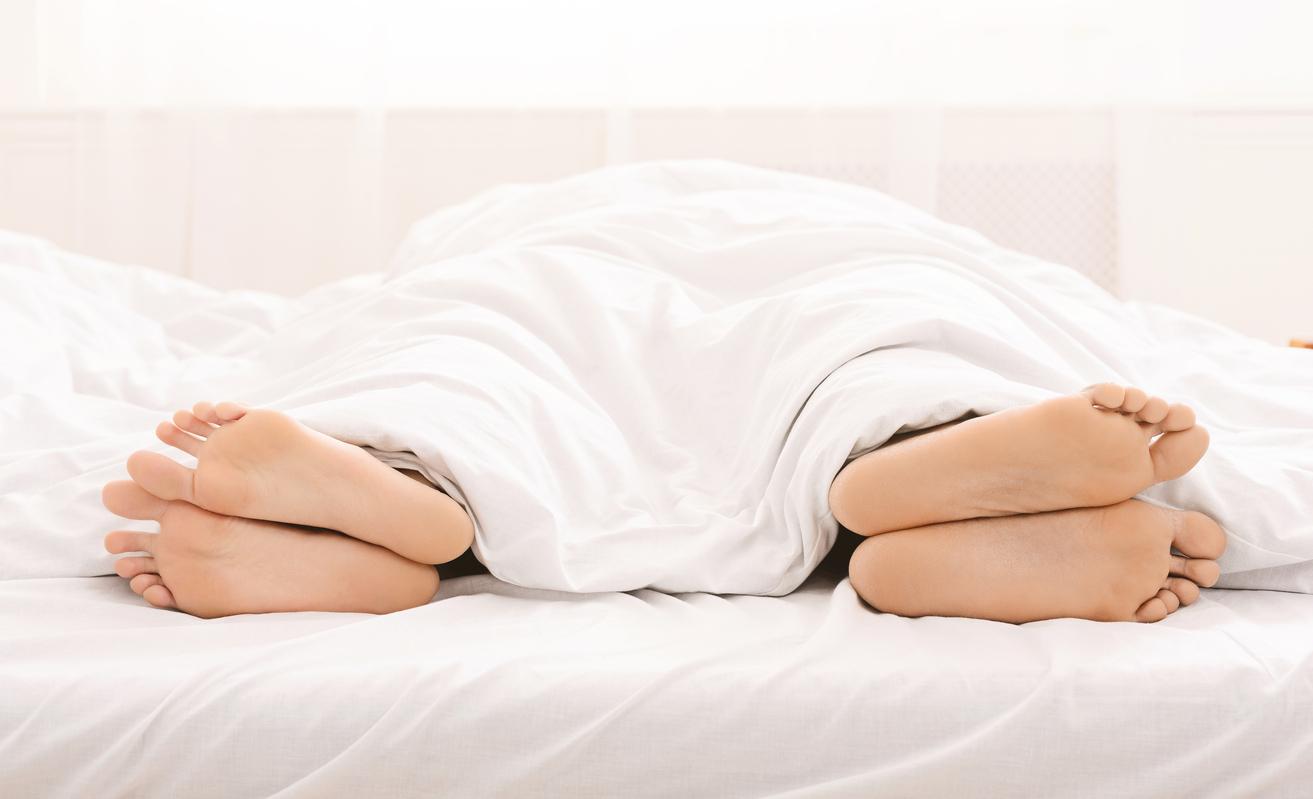A recent study by Ifop revealed the presence of flagrant inequalities within couples during the preparation and the unfolding of Christmas.

- Nearly one in five French people are anxious about the end of year celebrations, especially if they receive their loved ones at home.
- Around 35% of respondents said they had already argued with other diners at parties.
The last straight line before Christmas. Last-minute gifts, preparing the menu, finishing the decoration… The end-of-year celebrations are often associated with stress and tension within couples, according to a new survey by the Opinion and Marketing Studies Institute in France and abroad (Ifop). This study was conducted for Travel with us from December 12 to 14, 2022. Nearly 1,500 people were interviewed, of whom 1,001 are currently in a relationship.
Christmas, a source of conflict within couples
The organization of parties is the first disagreement that tops the study. Nearly 37% of couples often had conflicts about the Christmas process. First reason for disputes: the number and/or value of gifts given to loved ones for 43% of women and 49% of men. Ifop then cited the place where Christmas Eve will take place, the guest list, the day of the meal or the time to exchange gifts.
Christmas dinner is also a time when old resentments come out. To avoid disputes or tensions, two out of three French people retain what they really think of the other guests. “For some [ndlr personnes]relations are such that there is no longer any question of making an effort: 43% of French people have thus decided not to celebrate Christmas with some of their relatives for incompatibility of mood”can we read in the Ifop study.
A very stereotypical distribution of tasks between men and women
The survey also revealed glaring inequalities between men and women regarding the organization and conduct of Christmas. Nearly 62% of women surveyed said they do more or much more than their spouses when preparing for the holiday season. As for the distribution of tasks, it remains, unfortunately, still very stereotyped. For example, men take care of choosing wine and champagne (55%), carrying the tree (46%) or opening seafood (49%) while women are in charge of decorating table (76%) or preparing the main course (63%) for New Year’s Eve.
Concerning the tasks distributed equitably, the respondents mentioned the choice of the menu, the tidying up of the table and the dishes after the meal and the food shopping. But when these obligations are not carried out together, it is mainly the women who take care of them. “28% of them take care of the tidying up after the meal alone against 5% of the men, 45% do the shopping alone against 5% of the men and 41% establish the menu alone against 4% of the men”said the survey.

















